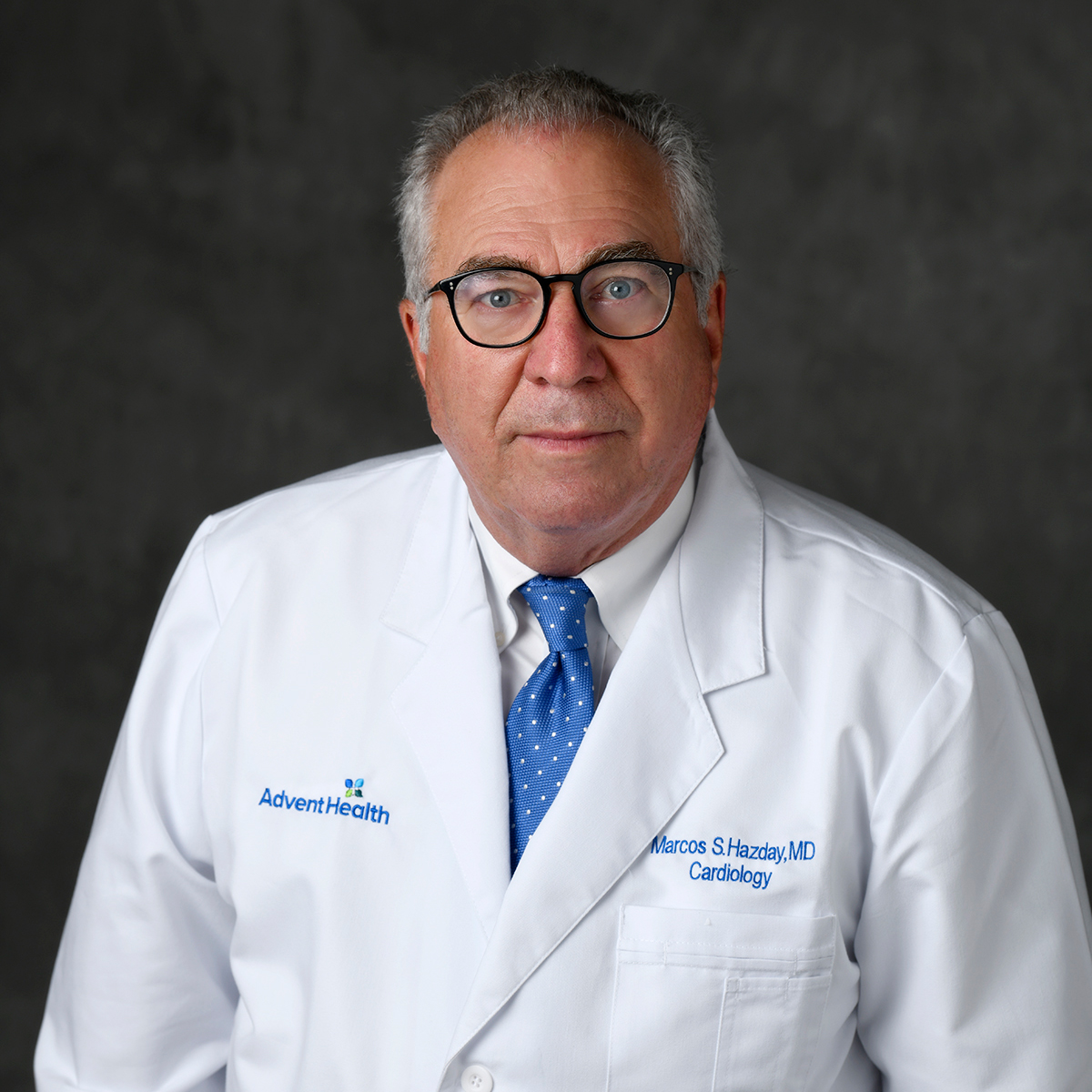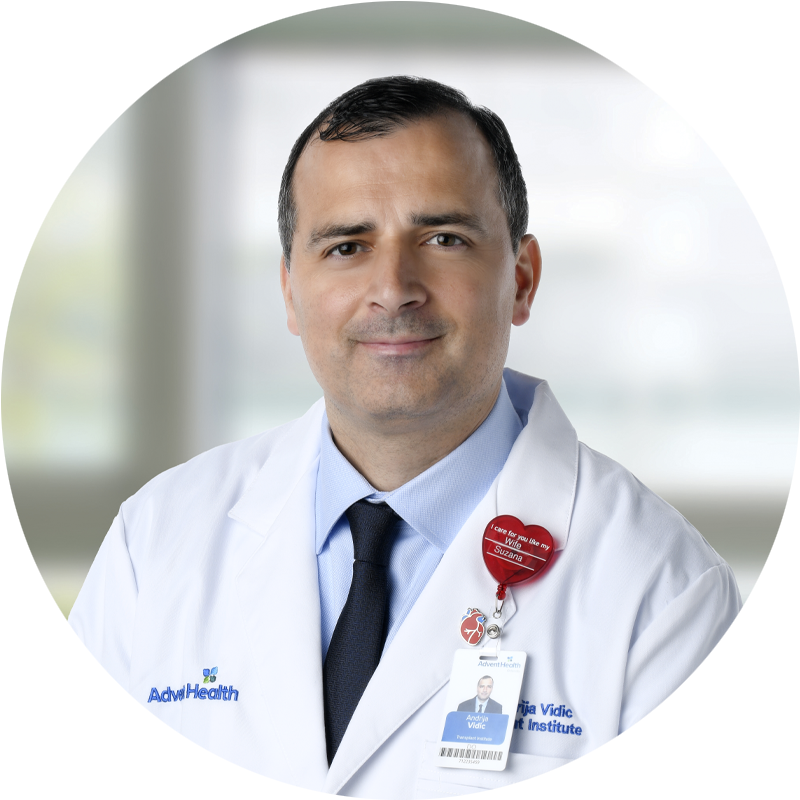Amyloidosis is the result of an abnormal unfolding of a protein that builds up in the tissue. This amyloid buildup can cause the heart, nerves and other systems of the body to malfunction.
Once considered a rare disease — and often mistaken for other illnesses like hypertrophic cardiomyopathy — cardiac amyloidosis is becoming more commonly diagnosed due to advances in testing. Likewise, systemic amyloidosis is now more frequently identified during evaluations for bleeding, swelling and fatigue. Other types of amyloidosis can lead to life-threatening organ failure, such as with familial transthyretin amyloidosis or wild-type amyloidosis — all of which now have effective treatment options.
With amyloidosis, receiving an accurate diagnosis is the first step toward recovery, and our team is here to help. To learn more, call our nurse navigator at 407-303-1648.






